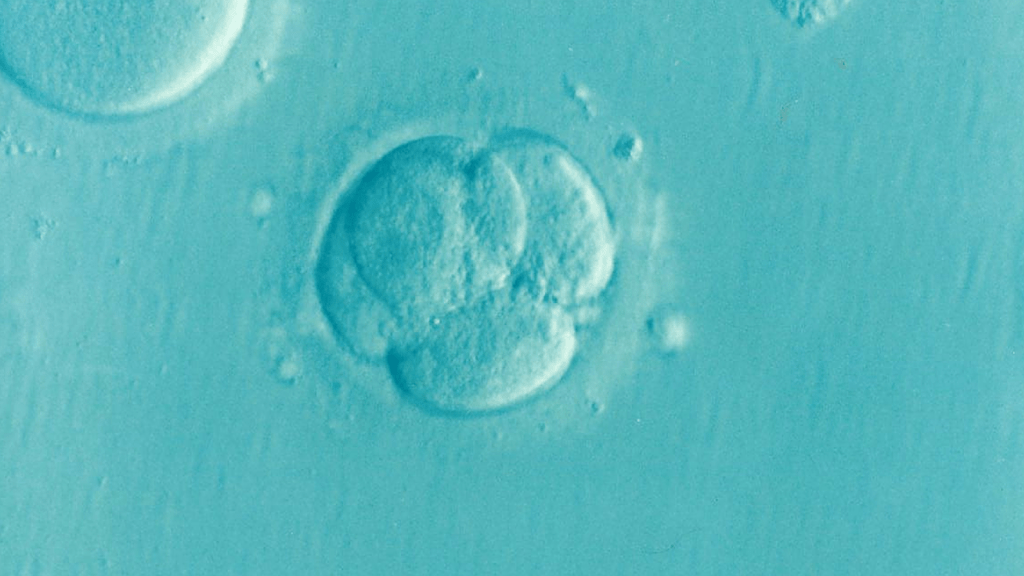Sheba Medical Center at Tel HaShomer, Israel’s largest hospital announced this week the results of their latest published study which showed that mRNA coronavirus vaccines have no negative effect on pregnancy rates following frozen embryo transfer (FET).
FET is a procedure that is performed after subfertile women undergo a successful round of in vitro fertilization (IVF) in order to become pregnant.
The research is part of a series of studies by Sheba Medical Center to test the impact of mRNA coronavirus vaccines on both male and female fertility.
The study was led by Prof. Raoul Orvieto, Sheba’s director of Infertility and IVF Institute, with contributions from research partners, Dr. Adva Aizer, Dr. Meirav Noach-Hirsh, Dr. Olga Dratviman-Stotobinsky, Dr. Ravit Nahum, Dr. Ronit Machtinger, Dr. Yuval Yung, and Dr. Jigal Haas. It was published in the Fertility and Sterility journal.
“One of the concerns raised by women of childbearing age around the world since the introduction of the coronavirus vaccine was that it could negatively impact IVF treatments,” said Prof. Raoul Orvieto, director of Sheba’s Infertility and IVF Institute. “Many concerned women and mothers have approached us on this issue. This groundbreaking study shows that the vaccine does not affect a woman’s chance of getting pregnant using the FET method.”
The study tested a total cohort of 428 women who had undergone IVF treatment and collectively underwent 672 FET cycles. The study group consisted of treated patients who were either vaccinated or recovered from COVID-19, thereby having the COVID antibodies. The control groups consisted of treated patients who had either not been infected, had not received the mRNA SARS-CoV-2 vaccine, and those that were treated before the onset of the pandemic. Pregnancy rates were found to be unaltered across all study and control groups (23%-26%).
Sheba’s COVID-related fertility research is the latest in study to conclude the absence of negative reproductive effects associated with the mRNA coronavirus vaccine. For example, in December 2021, a study published in the medical journal Human Reproduction found that the mRNA vaccinations exhibited zero negative effects on women’s ovarian reserve within three months of receiving the vaccine.
Related posts

Israeli AI Safety Tool Among TIME’S Best Inventions For 2024

TAU Team Discovers Mechanism To Eliminate Cancerous Tumors

Ashdod Port Investing In Startups As Part Of Innovation Strategy




Facebook comments